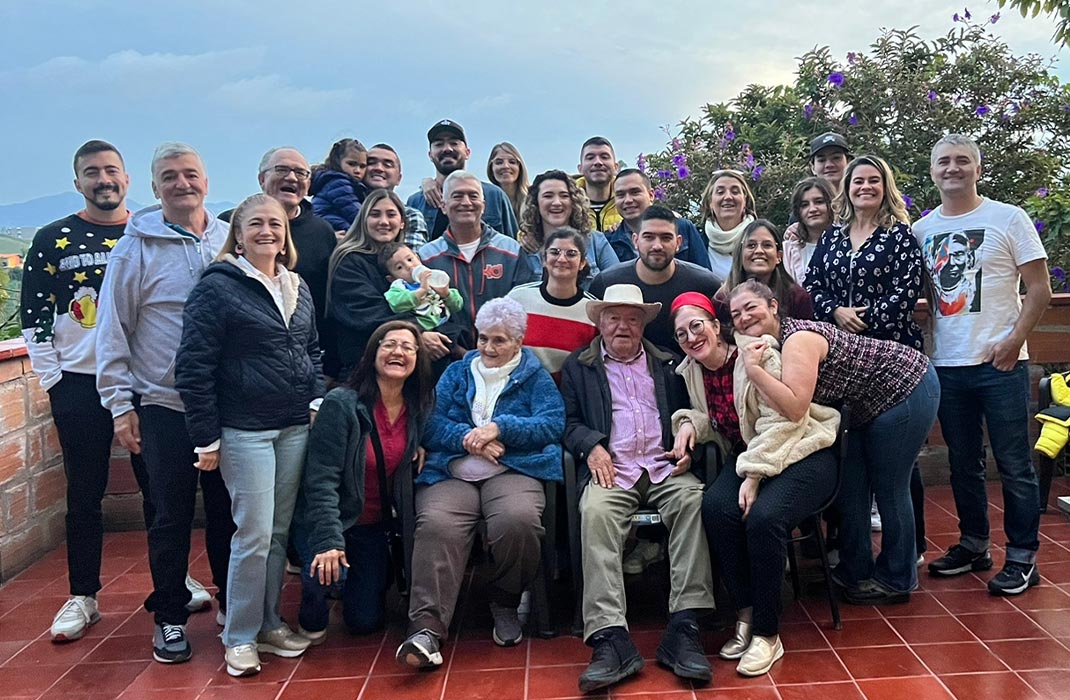-
- Find Care
-
- Visitor Information
- Find a Location
- Shuttles
- Visitor Policies
-
-
-
- Our Virtual Care Options
- Virtual Urgent Care
- Virtual Visits for Primary & Specialty Care
- Online Second Opinions
- Participate in Research
-
- Contact us
-
- For Innovators
- Commercialization Guide for Innovators
-
-
- Research News
- Alzheimer's Disease
- Artificial Intelligence
-
- Overview
-
- Overview
- Getting Started
- New to Mass General Brigham
- International Patient Services
- What Is Patient Gateway?
- Planning Your Visit
- Find a Doctor (opens link in new tab)
- Appointments
- Patient Resources
- Health & Wellness
- Flu, COVID-19, & RSV
- Billing & Insurance
- Financial Assistance
- Medicare and MassHealth ACOs
- Participate in Research
- Educational Resources
- Visitor Information
- Find a Location
- Shuttles
- Visitor Policies
- Find Care
-
- Overview
- Our Virtual Care Options
- Virtual Urgent Care
- Virtual Visits for Primary & Specialty Care
- Online Second Opinions
-
- Overview
- Participate in Research
-
- Overview
- About Innovation
- About
- Team
- News
- For Industry
- Venture Capital and Investments
- World Medical Innovation Forum (opens link in new tab)
- Featured Licensing Opportunities
- For Innovators
- Commercialization Guide for Innovators
- Contact us
-
- Overview
- Information for Researchers
- Compliance Office
- Research Cores
- Clinical Trials
- Advisory Services
- Featured Research
- Two Centuries of Breakthroughs
- Advances in Motion (opens link in new tab)
- Brigham on a Mission (opens link in new tab)
- Gene and Cell Therapy Institute
- Research News
- Alzheimer's Disease
- Artificial Intelligence
-
- Overview
-
- Overview
- Residency & fellowship programs
- Brigham and Women's Hospital
- Massachusetts General Hospital
- Mass Eye and Ear
- Newton-Wellesley Hospital
- Salem Hospital
- Integrated Mass General Brigham Programs
- Centers of Expertise
- Global & Community Health
- Health Policy & Management
- Healthcare Quality & Patient Safey
- Medical Education
- For trainees
- Prospective trainees
- Incoming trainees
- Current trainees
- Continuing Professional Development
Celebrating Hispanic Heritage Month with Leon Morales-Quezada, MD, MSc, PhD, MPH
Q&A with Leon Morales-Quezada, MD, MSc, PhD, MPH
Q: How has your cultural background influenced your professional journey?
My cultural background significantly influenced my professional development, particularly in my values and beliefs towards work ethic, education, and training. Resilience, perseverance, and empathy were always essential for me. These characteristics are common among people in Mexico.
Q: What’s your favorite cultural dish, and what memories does it bring back?
It is not a dish, but rather the ritual of lunch time!
Lunch is the most important meal of the day in Mexico. Although it occurs later in the afternoon (between 2 p.m. and 4 p.m.), it usually consists of four courses plus dessert, often a fresh fruit.
Its importance stems from the tradition of the whole family gathering. So, every time I have lunch, even during the so-called “American time,” I remember sitting at the table with my brother and parents, enjoying whatever mom cooked for us.
Q: How has your cultural background shaped your approach to your research/work?
When working in clinical research, individuals with medical conditions generously offer their time to participate in research trials. I respect them for their altruism and commitment to helping others through their participation.
Because of this — and due to my training — I always ensure our research participants know we are grateful for their role in advancing medical science and create a welcoming environment for them in the research lab.
Q: How do you stay connected to your roots, whether it’s through language, traditions, or community involvement?
At home I speak in Spanish to my children, and we try to visit our family at least once per year.
Here in Boston, we always attend “Dia de los Muertos” at Harvard Peabody Museum, it is a lot of fun and my kids love it — it became a family tradition for us!
Q: Can you share a cherished tradition or custom from your heritage that has special significance to you?
Navidad (Christmas)!
This time of the year is very important for me because represents being with family, the significance of being together enjoying each other during the festivities is a soul recharging experience that fulfills and provides the necessary energy for the upcoming year.

